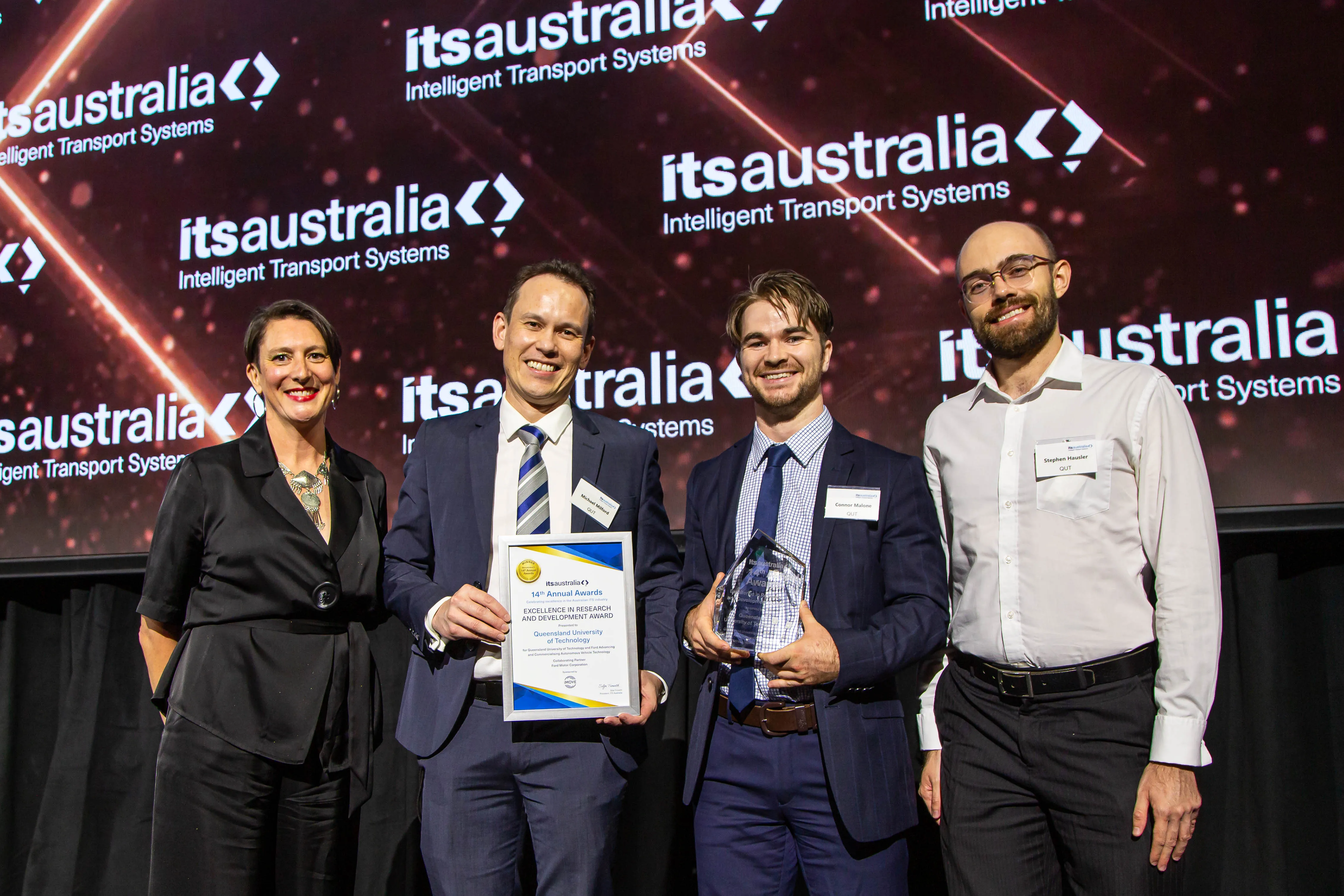Through the agreement, Door2door’s technology and data analysis capabilities will help Via Verde and other transportation companies to understand mobility patterns and identify gaps in existing public transportation. In addition, Brisa's technologies are said to enable users to reach their destinations in the fastest way possible while reducing the impact on the environment.
The project's first initiative will launch an all-in-one platform for on-demand mobility services and public transportation options in the city later this year. It will analyse a range of mobility options including ridesharing apps, carpooling services and public transportation to provide intelligent options to a destination. The marketplace will be accessible via an app available for iOS and Android.
Dr. Tom Kirschbaum, founder and managing director of door2door, said: The mobility market is saturated with transportation options, but it’s difficult to know which option or route is best, especially with the hectic schedule of today’s modern commuter. With this exciting partnership with Brisa, we want to provide commuters with a first step towards more individualized public transportation decisions in Lisbon.”
Door2Door and Via Verde partner on mobility in smart cities
Door2Door has partnered with Brisa, through its affiliate company Via Verde Serviços, to help create advanced mobility solutions for smart cities and democratize access to on-demand mobility services in Lisbon.
Through the agreement, Door2door’s technology and data analysis capabilities will help Via Verde and other transportation companies to understand mobility patterns and identify gaps in existing public transportation. In addition, Brisa's technologies are said to enable users to reach their destin
February 26, 2018
Read time: 2 mins
Door2Door has partnered with 2051 Brisa, through its affiliate company 3843 Via Verde Serviços, to help create advanced mobility solutions for smart cities and democratize access to on-demand mobility services in Lisbon.








